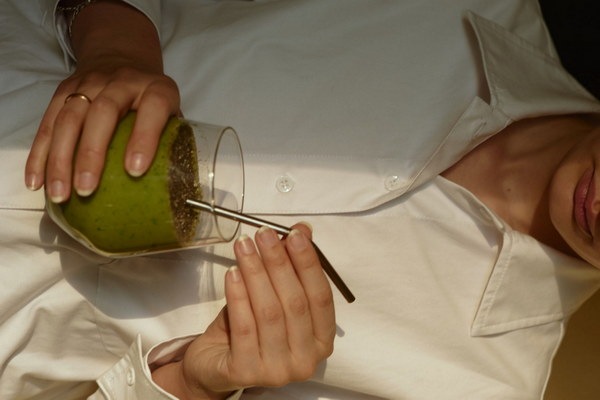The Dark Side of Dietary Supplements How They Can Lead to Liver Damage
In recent years, dietary supplements have become increasingly popular as people seek to improve their health and wellness. However, amidst the myriad of benefits these supplements promise, a concerning issue has emerged: the potential for liver damage. This article delves into the risks associated with certain dietary supplements and highlights the importance of exercising caution when incorporating them into your daily routine.
The liver is a vital organ responsible for filtering toxins from the blood, metabolizing nutrients, and producing bile. When exposed to excessive amounts of harmful substances, the liver can become damaged, leading to a range of health complications. Unfortunately, some dietary supplements have been found to pose a significant risk of liver damage, prompting both researchers and health professionals to sound the alarm.
One of the primary concerns regarding dietary supplements and liver damage is the presence of hepatotoxic substances. These are chemicals that can directly harm liver cells and impair the organ's functioning. Some common hepatotoxic substances found in supplements include:
1. Anabolic steroids: These synthetic hormones are often used to enhance muscle mass and strength. However, they can cause severe liver damage, including liver inflammation, jaundice, and cirrhosis.
2. Amino acids: Certain amino acids, such as creatine and L-arginine, have been linked to liver damage in some cases. While these supplements are generally considered safe, excessive intake or misuse can lead to liver problems.
3. Herbs and botanicals: Many natural supplements contain herbs and botanicals that can be harmful to the liver. For example, milk thistle, a popular herbal remedy for liver health, can cause liver damage in some individuals when taken in high doses.
The risk of liver damage from dietary supplements can be further exacerbated by several factors, including:
1. Overdose: Taking more than the recommended dosage of a supplement can increase the risk of liver damage. It is crucial to adhere to the manufacturer's guidelines and consult with a healthcare professional before starting any new supplement.
2. Interaction with other medications: Some dietary supplements may interact with other medications, leading to adverse effects on the liver. Individuals with pre-existing liver conditions or those taking multiple medications should exercise extreme caution when using supplements.
3. Quality control: The quality of dietary supplements can vary widely. Supplements manufactured in countries with less stringent regulations may contain contaminants or impurities that can harm the liver.
To minimize the risk of liver damage from dietary supplements, here are some important tips:

1. Consult with a healthcare professional: Before starting any new supplement, it is essential to discuss it with a healthcare provider, especially if you have a history of liver disease or are taking other medications.
2. Choose reputable brands: Opt for supplements from reputable manufacturers that adhere to Good Manufacturing Practices (GMP) and third-party testing.
3. Monitor your liver health: Regularly check your liver function through blood tests, especially if you are using high-risk supplements or have a history of liver disease.
4. Be aware of potential side effects: Familiarize yourself with the potential side effects of each supplement and report any adverse reactions to a healthcare provider.
In conclusion, while dietary supplements can offer numerous health benefits, the potential for liver damage cannot be ignored. By being informed, exercising caution, and consulting with healthcare professionals, individuals can minimize the risks associated with these supplements and maintain a healthy liver.









